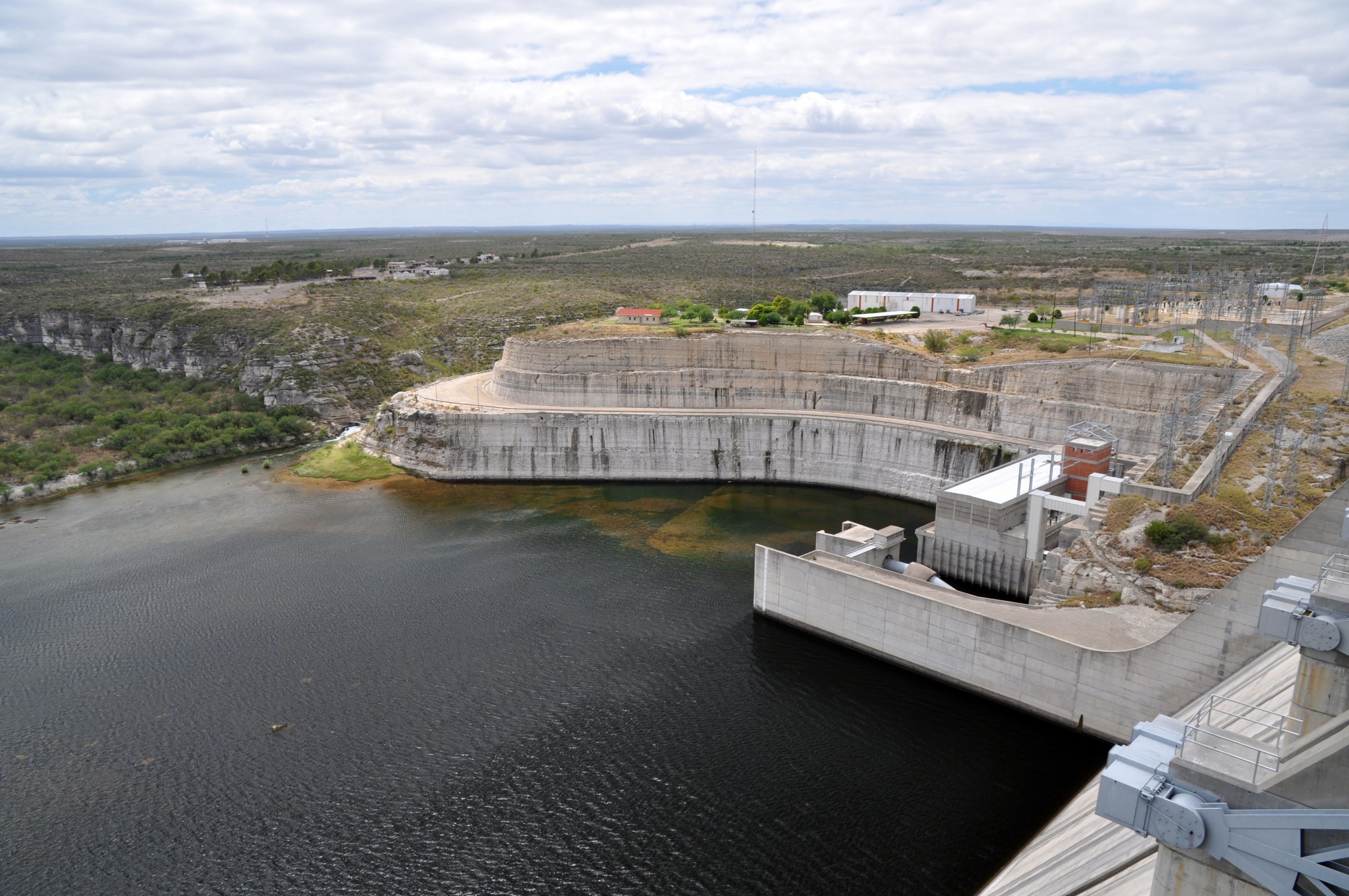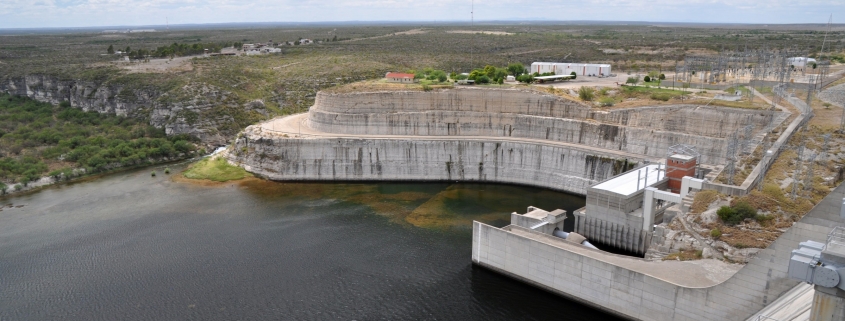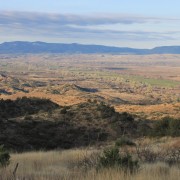U.S., Mexico Sign Rio Grande Water Agreement
Officials from the two countries settled a water-sharing dispute.

Amistad Dam on the Rio Grande. Photo courtesy of Flickr/Creative Commons user Jonathan McIntosh
By Brett Walton, Circle of Blue
U.S. and Mexican officials settled a water dispute that had been simmering for several months and led to protests by Mexican farmers concerned about water access.
Mexico is obligated under a 1944 treaty to deliver to the United States a set amount of water from the Rio Grande and its tributaries over a five-year period. As the end of the most recent period approached in late October, Mexico was behind on deliveries for a second consecutive cycle.
The last-minute agreement signed on October 21 settles the conflict. Mexico will transfer ownership of water stored in two border reservoirs to the United States to make up the deficit. Because the water is already in the reservoirs, this is an accounting move.
“We appreciate the efforts by Mexican government officials to fulfill their treaty obligations on time,” said Jayne Harkins, U.S. commissioner of the International Boundary and Water Commission, which oversees the treaty. “This agreement sets us on a path to improve Rio Grande management in the future to the benefit of both countries.”
The agreement nearly depletes Mexico’s storage in Amistad and Falcon reservoirs, the two border reservoirs. If it does not rain and Mexico cannot meet municipal requirements downstream of those reservoirs in the next 12 months, the U.S. will provide “humanitarian support,” or supplemental water from its accounts to meet those needs, the agreement states.
Irrigation needs of farmers in the Rio Grande Valley, however, are not eligible for relief.
“All the farmers in Mexico along the Rio Grande main stem below Amistad, they are really on the hook,” said Samuel Sandoval Solis of the University of California, Davis, who specializes in U.S.-Mexico water management. In past years, farmers in this area have protested and closed international bridges when they were denied water.
In August, farmers in a different part of the basin, in Chihuahua state, tried to seize control of Boquilla Dam, protesting water deliveries they felt would deprive them of their livelihoods.
The agreement also establishes two working groups, one for hydrology and one for policy. The groups will assist with data sharing and improving management of the shared river.
Solis called these working groups “good news” for management of the watershed. But he said more work needs to be done to avoid similar situations in the future as the basin becomes drier due to a warming climate.
Brett writes about agriculture, energy, infrastructure, and the politics and economics of water in the United States. He also writes the Federal Water Tap, Circle of Blue’s weekly digest of U.S. government water news. He is the winner of two Society of Environmental Journalists reporting awards, one of the top honors in American environmental journalism: first place for explanatory reporting for a series on septic system pollution in the United States(2016) and third place for beat reporting in a small market (2014). He received the Sierra Club’s Distinguished Service Award in 2018. Brett lives in Seattle, where he hikes the mountains and bakes pies. Contact Brett Walton












Leave a Reply
Want to join the discussion?Feel free to contribute!